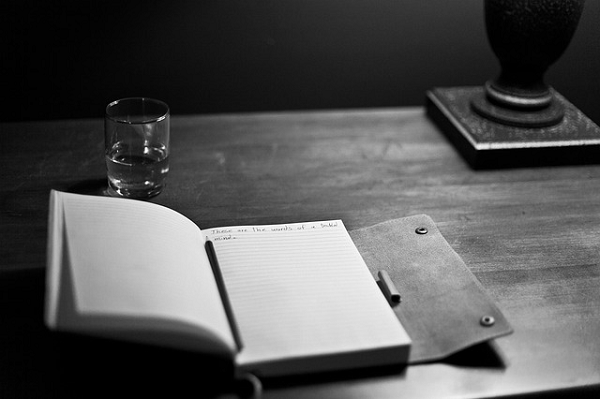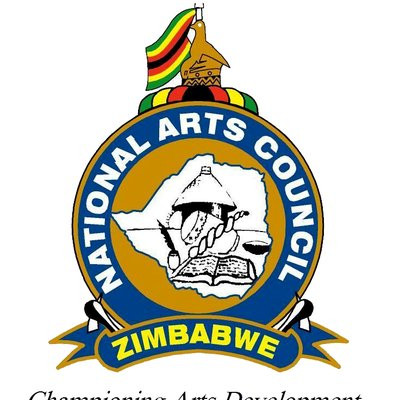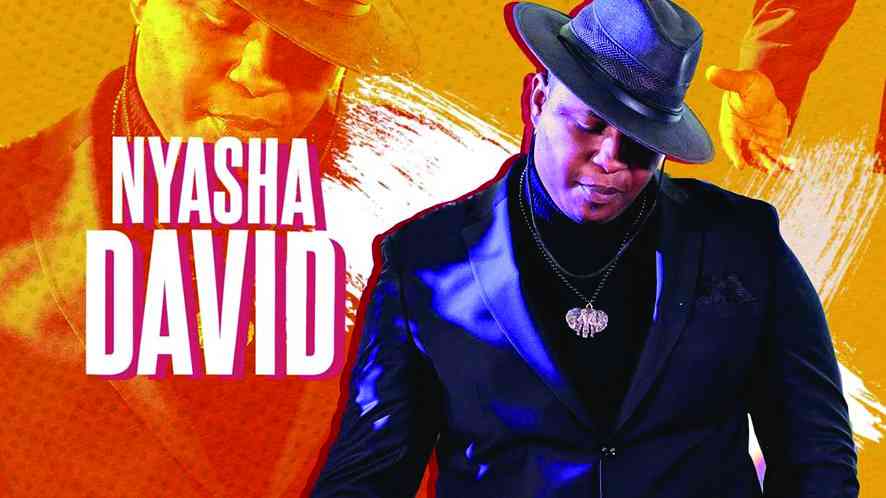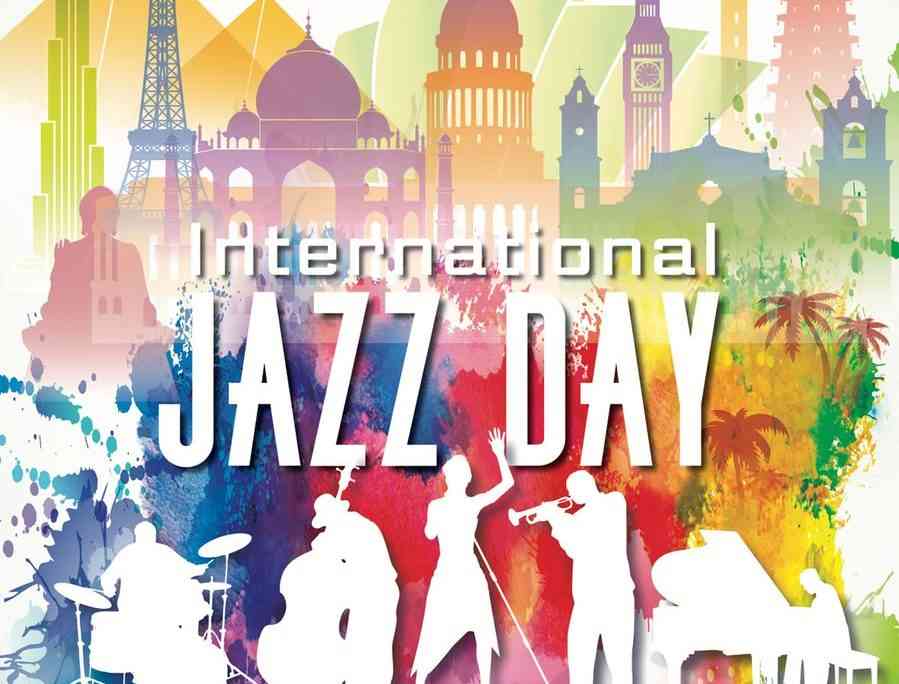
IN a time when grandparents tell folktales and historical narrations no more, books written in times before us now stand as our only refuge.
Between the Lines: Beniah Munengwa
As for me, literature which was written in distant times carry within itself the present of that past, and a prediction of the probable recurrence of the vicious cycle of the manner in which the problems of that time unfolded.
I find the reading of post-colonial writings useful in understanding ‘the pitfalls of national consciousness’. The failure to run the economy and to unite a society divided by tribal and ethnic differences punctuate Fanon’s writings but all these can stand as minor problems as compared to the relationship that the African soldier has with his or her people.
To define the role of the African soldier using literary referees, Achebe’s Anthills of the Savannah, Kanengoni’s Echoing Silences, Nyamfukudza’s The Non-Believer’s Journey and Mlalazi’s Running with Mother comes to mind.
The African soldier in a bid to abide by the rule of his command, finds himself walking around earth carrying a dangerous toy, which if he allows himself to be caught in a trance for less than a second, he finds himself with some innocent blood to his name, blood that is not of a cow but that of his fellow brother for there are no cousins in Africa.
Reading Running with Mother, a fictional account of the Gukurahundi atrocities, Rudo a 14-year-old girl recounts how black soldiers burnt houses owned by their fellow black people, indiscriminately killing people in the process.
Nyamfukudza’s The Non-Believer’s Journey, through Sam Mapfeka the main character, narrates how, a soldier through envying the economic status that he as a teacher held, found it reason enough to cut off his stay on earth.
- Chamisa under fire over US$120K donation
- Mavhunga puts DeMbare into Chibuku quarterfinals
- Pension funds bet on Cabora Bassa oilfields
- Councils defy govt fire tender directive
Keep Reading
To the soldier, though their mandate is to protect their nations from external threat, it appears the definition of the word ‘nation’ euphemistically stand for the Head of State and his immediate mandate, that is to keep himself in power for as long as is possible and nothing more.
In Anthills of the Savannah, a book set in a fictional country, Kangan in which a coup had just occurred, Chris witnesses a soldier dragging off Adamma a beautiful girl he had just met but when he tries to rush to her rescue, the soldier shoots and kills him.
Achebe points at the futility of coups and their susceptibility to being followed by another, and in all this rubric, the continual spilling of the odd enemy’s blood and in this case, the enemy is your brother seated next to you.
Chinodya’s Harvest of Thorns also has within it heavy encounters with and of soldier-inflicted violence.
But in it emerges two striking phenomena, that is the impact of persecution on youthful souls on how they relate to violence and the nation state.
Benjamin Tichafa runs away from the fear of being persecuted for being involved in the vandalising of a council bar, ending up a guerrilla fighter in the process.
Another emerging phenomenon is the futility of war, of violent protestations that leads to the loss of life and significant time. After years of fighting, Benjamin Tichafa comes back home with nothing significant to hold on to, signifying that Africa is ‘a stone that never turns’.
What many emerge with out of war situations like these is the esoteric baggage that usually comes with the spilling of innocent blood as is in Echoing Silences where Munashe Mungate ends up a haunted character in need of some cleansing.
All these are accounts of the brutality instilled by men wielding the deadly machine that is the gun. From time immemorial, masses have tried to transform how they are treated by the man wielding the gun but it has appeared that, no change has come out as a result of that.
That is the reason why Zimbabwe today appears to be following the script of Nigeria and Senegal in the 1950’s and with Nigeria also fighting that very same problem it had in the 1950’s.
The man wielding the gun will always kill. The problem might not be African, but it is with the laws of power. What will a man holding something feared by all do? Will he not try and cross the line and enjoy the benefits of being above all? That is a big temptation, so why allow the use of the gun?
On top of this, you witness these soldiers drinking beer and smoking dagga while carrying live and loaded high-level machinery.
In America you do not hear of a soldier killing an American soul, but you hear of policemen shooting at innocent black teens and of American troops bombing innocent people in Libya and Syria because they want free access to African resources. Even United Nations peacekeepers do abuse the gun.
It is also not to be ignored that Africa’s problems are not all of its creation. Colonial and post-colonial political and economic domination by the west and the east continue to relegate the African continent to the periphery from the times of slave trade to the times of effective physical and intellectual occupation.
It appears we will continue singing from Lucky Dube’s song Victims lyrics that, “For how long will they kill our children?” It’s a problem without a name, instilled by forces under a command for an end that will for now or forever never solve the mess that we are in.
Beniah Munengwa writes in his personal capacity. He can be contacted on [email protected]











